According to statistics from the Ho Chi Minh City Department of Health , since the beginning of the year, the total number of dengue fever cases has reached more than 14,000 cases. What is alarming is that the number of severe cases is increasing rapidly, including many young patients without underlying diseases.
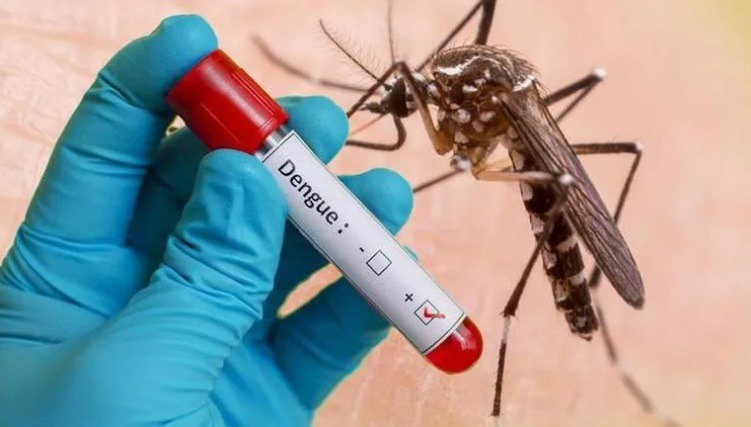 |
| In the context of the epidemic at its peak, the most effective preventive measure is still to proactively avoid mosquito bites, destroy larvae, maintain environmental hygiene, and remove objects containing stagnant water. |
At the Hospital for Tropical Diseases in Ho Chi Minh City, two young patients were saved after being admitted in a state of dengue shock and multiple organ failure, a condition that usually only occurs in the elderly or those with chronic medical conditions.
The first case was patient MTNQ (33 years old), who was completely healthy before. In mid-June, the patient developed high fever and muscle aches.
After two days of self-treatment with fever-reducing medicine at home, the symptoms did not improve but became more severe with nausea, poor appetite and dull abdominal pain. When arriving at the hospital, the patient had severe dengue fever with complications of shock due to plasma leakage.
This condition causes blood to thicken, blood pressure to drop, pleural effusion, leading to circulatory failure, acute respiratory failure, liver and kidney damage and multiple organ failure, with an extremely serious prognosis.
Doctors immediately initiated intensive resuscitation with invasive mechanical ventilation, continuous blood filtration, fluid infusion, blood and blood product transfusion, combined with vasopressors, broad-spectrum antibiotics, and multi-organ support. After more than three weeks of treatment, the patient recovered, was weaned off the ventilator, and was discharged from the hospital.
The second case was patient HTM (21 years old), hospitalized in a similar condition with dengue shock, massive plasma leakage, retroperitoneal hemorrhage, severe coagulopathy and multiple organ failure.
Thanks to timely detection and treatment with intensive resuscitation measures, including mechanical ventilation, continuous blood filtration and large-volume transfusion of blood products such as red blood cells, platelets and fresh frozen plasma, the patient overcame the critical condition.
According to doctors, the two cases above are a clear warning about the danger of dengue fever, even for young, healthy people. Many people are subjective, thinking that if the body is healthy, there is no need to worry about complications.
However, an overactive immune system can become a “double-edged sword” when it creates a “cytokine storm,” an excessive systemic inflammatory response. When this happens, blood vessel walls are damaged, plasma leaks out of the blood vessels, causing hypotension, shock, and multiple organ failure.
The period from the third to the seventh day of the disease is the most dangerous time, even though the patient's fever may have subsided. This is when serious complications are likely to appear, but are often overlooked by patients and their families because they mistakenly believe that the disease has been cured.
Severe warning signs to watch for include extreme fatigue, lethargy, restlessness, abdominal pain, persistent vomiting, nosebleeds, bleeding gums, vomiting blood, or passing black stools.
When these symptoms appear, the patient should be taken to a medical facility as soon as possible. It is important to note that you should never administer IV fluids at home on your own, as this can make the disease worse and more difficult to control.
In the context of the epidemic at its peak, the most effective preventive measure is still to proactively avoid mosquito bites, destroy larvae, maintain environmental hygiene, and remove objects containing stagnant water.
People should sleep under mosquito nets, wear long-sleeved clothes, and use mosquito repellent creams or sprays. In addition, for those who are eligible and in risk groups, vaccination against dengue fever is an effective way to reduce the risk of disease and serious complications.
There are currently two types of vaccines that have been prequalified by the World Health Organization (WHO) and licensed for use by some countries: CYD-TDV (Dengvaxia, Sanofi): For people with positive serum from 9 years of age and older, has been discontinued in many markets.
And TAK-003 (Qdenga, Takeda): Licensed by the Vietnamese Ministry of Health in May 2024, indicated for people 4 years of age and older, does not require pre-vaccination serum testing, includes 2 doses 3 months apart.
The protective efficacy of TAK-003 against virologically confirmed dengue was 80% after 12 months and the efficacy against hospitalization was 90% after 18 months.
With the advantage of being easy to deploy and not requiring serum screening, TAK-003 is expected to contribute to rapidly reducing the epidemiological and economic burden caused by dengue fever in Vietnam in the coming years.
Source: https://baodautu.vn/sot-xuat-huet-co-the-gay-ra-bien-chung-nguy-hiem-the-nao-cho-nguoi-tre-d354107.html


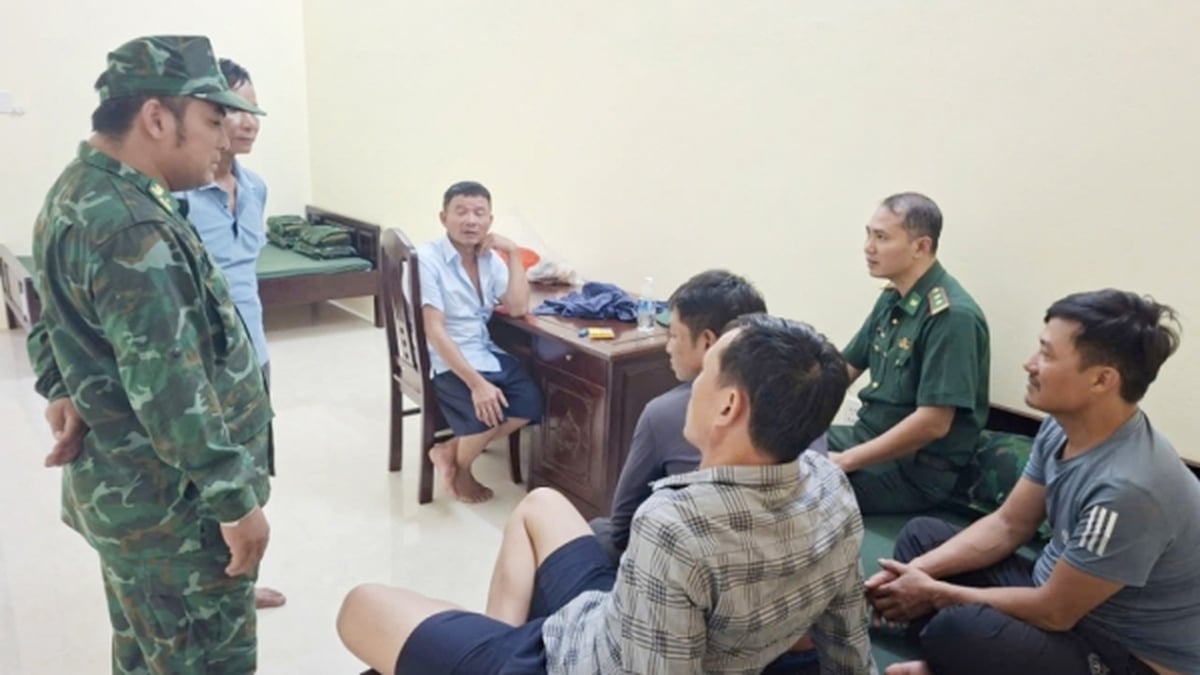







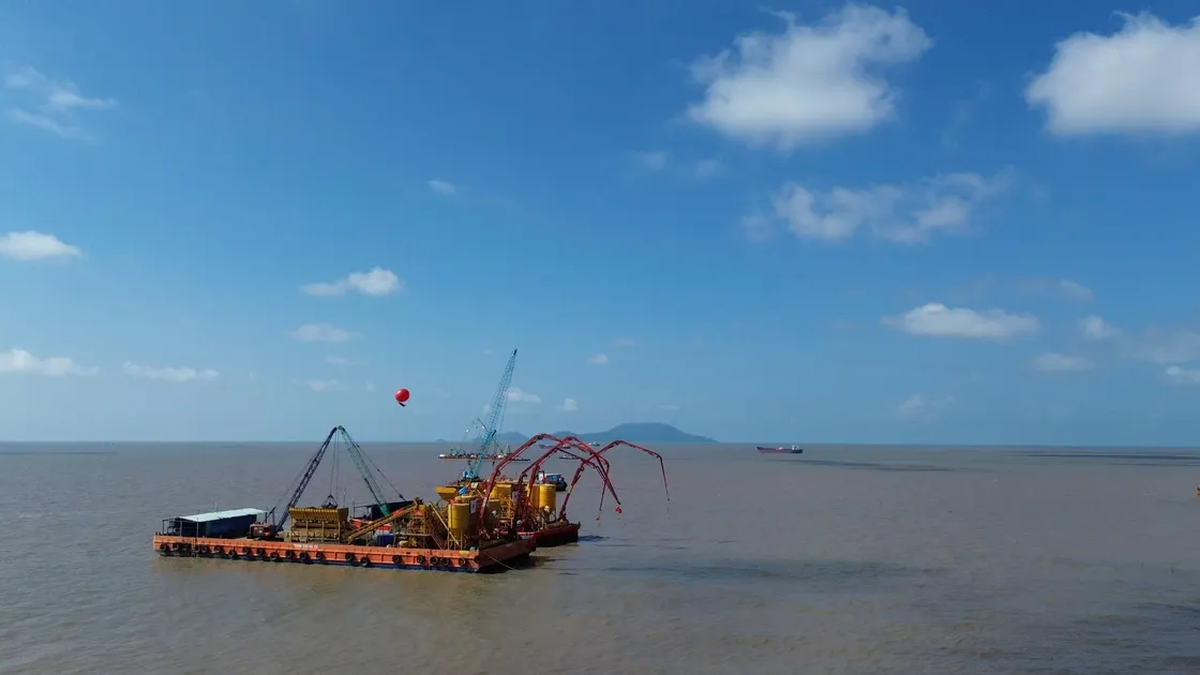











![[Photo] General Secretary To Lam and President Luong Cuong attend the handover ceremony of the Presidential Office Headquarters](https://vphoto.vietnam.vn/thumb/1200x675/vietnam/resource/IMAGE/2025/8/19/a37cfcbd301e491990dec9b99eda1c99)
![[Photo] General Secretary To Lam attends the inauguration and groundbreaking ceremony of 250 projects to celebrate National Day](https://vphoto.vietnam.vn/thumb/1200x675/vietnam/resource/IMAGE/2025/8/19/3aa7478438a8470e9c63f4951a16248b)

![[Photo] President Luong Cuong holds talks with King Jigme Khesar Namgyel Wangchuck of Bhutan](https://vphoto.vietnam.vn/thumb/1200x675/vietnam/resource/IMAGE/2025/8/19/c30721857ff84d7cbd498ddaee712ad3)



![[Photo] Close-up of the first International Financial Center building in Ho Chi Minh City](https://vphoto.vietnam.vn/thumb/1200x675/vietnam/resource/IMAGE/2025/8/19/3f06082e1b534742a13b7029b76c69b6)

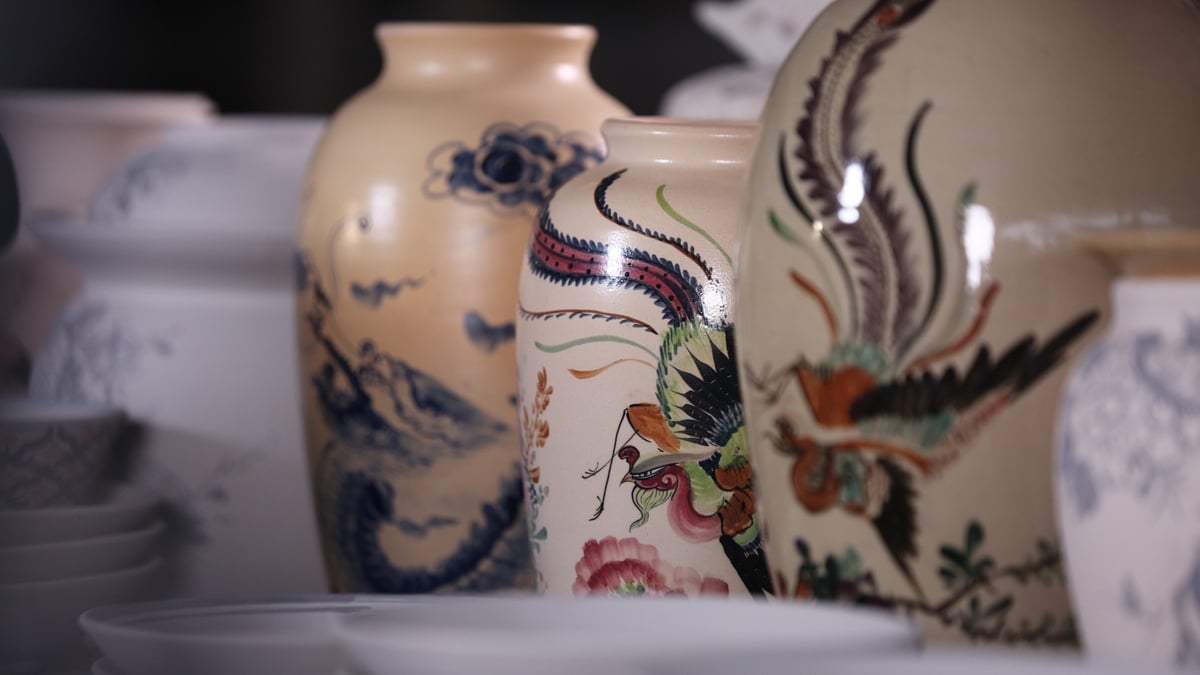



























































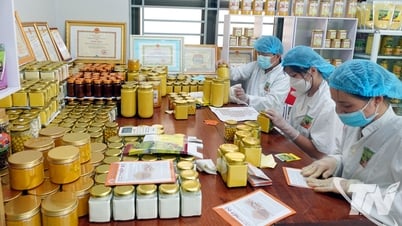







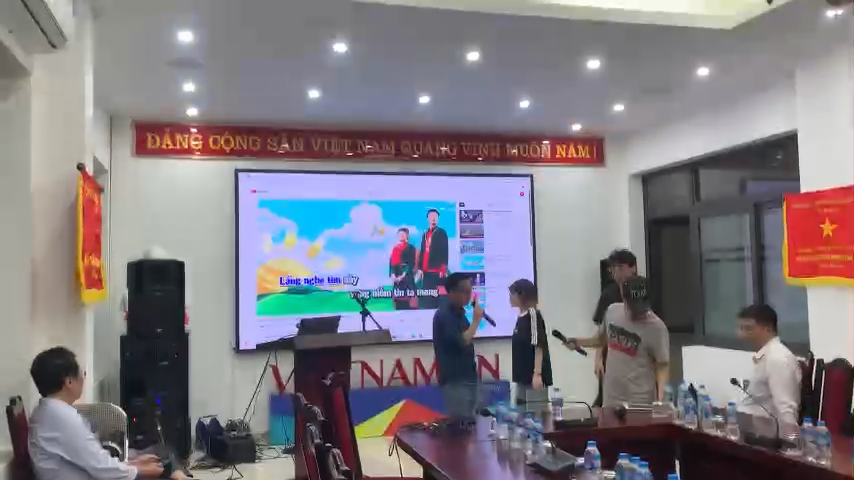


Comment (0)